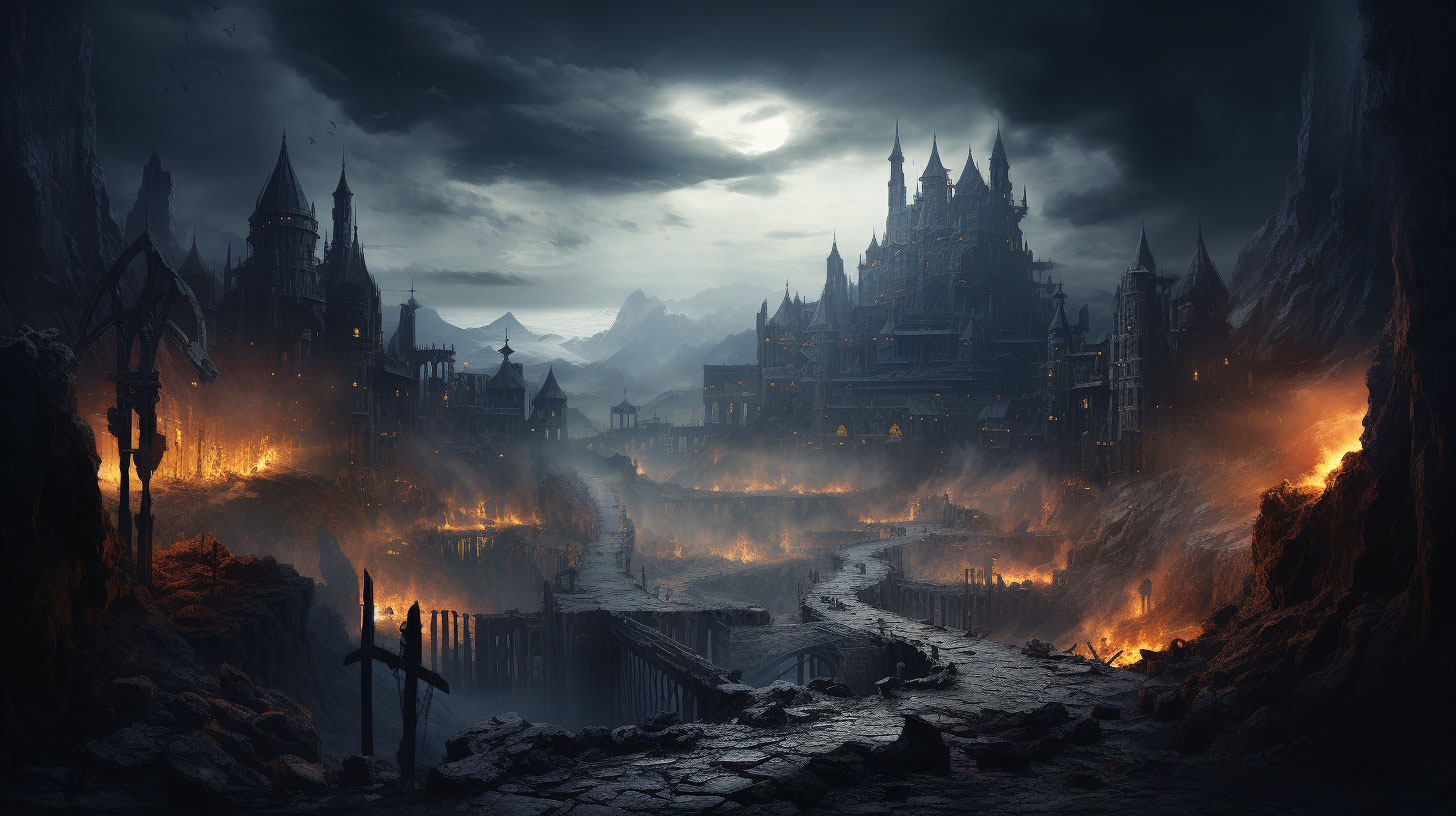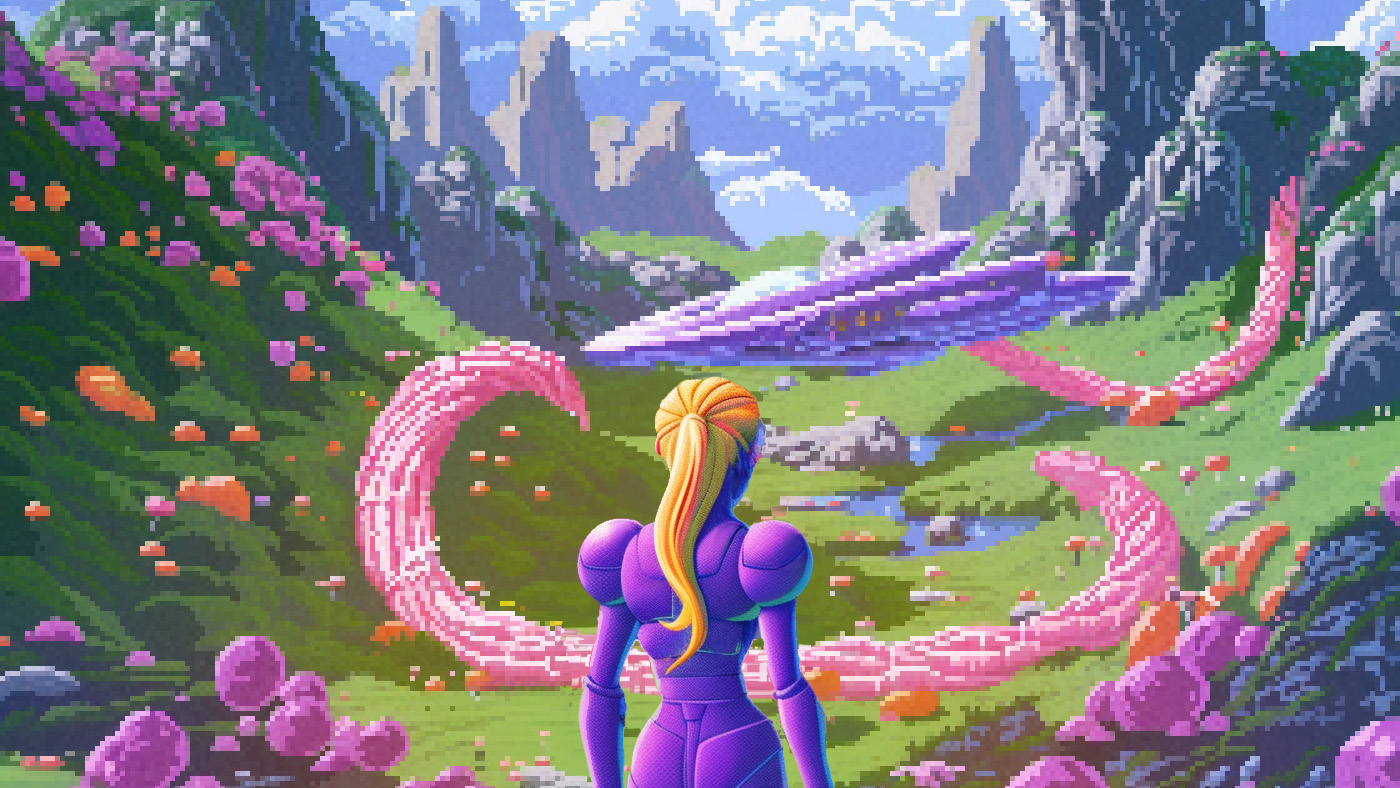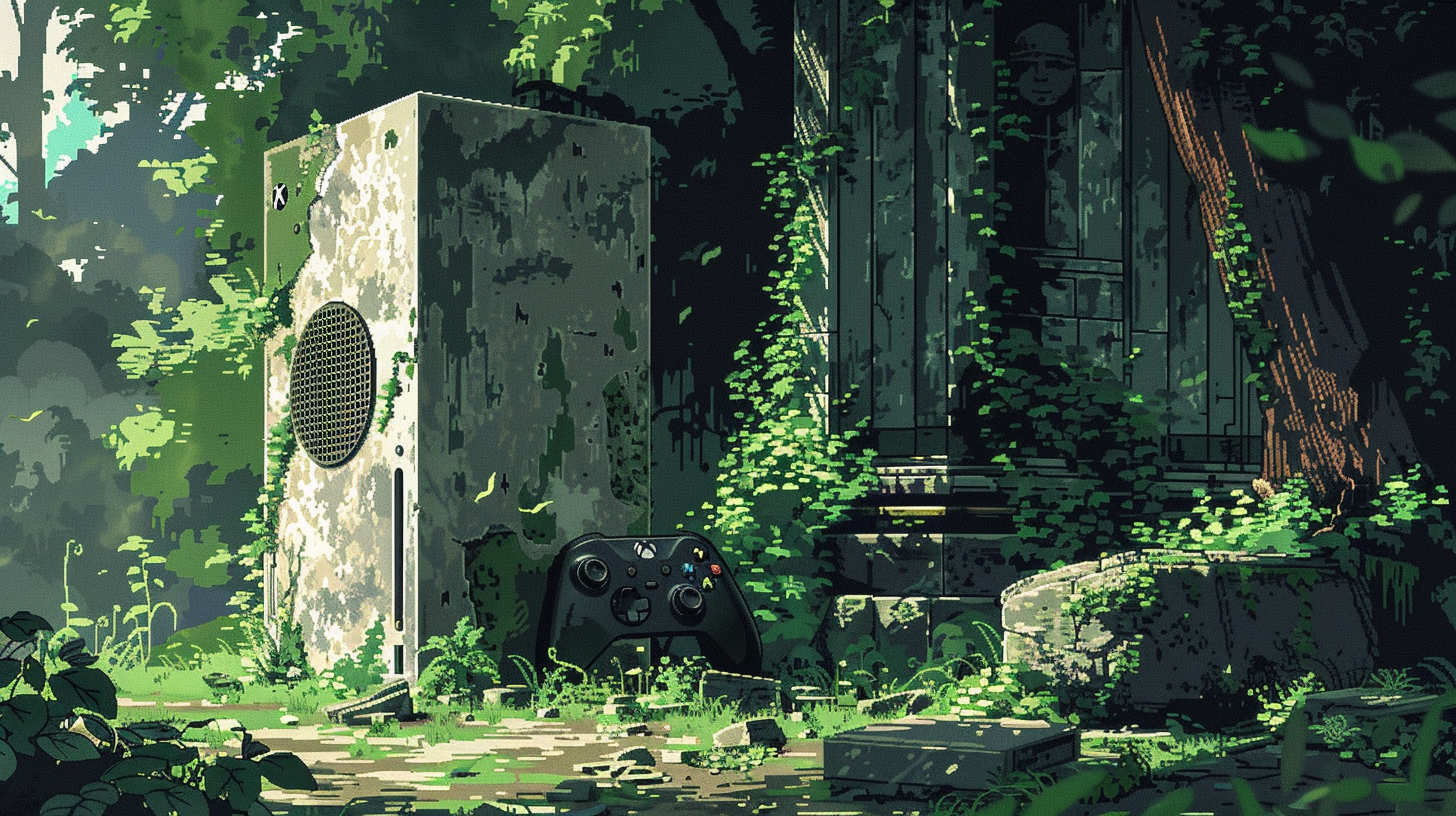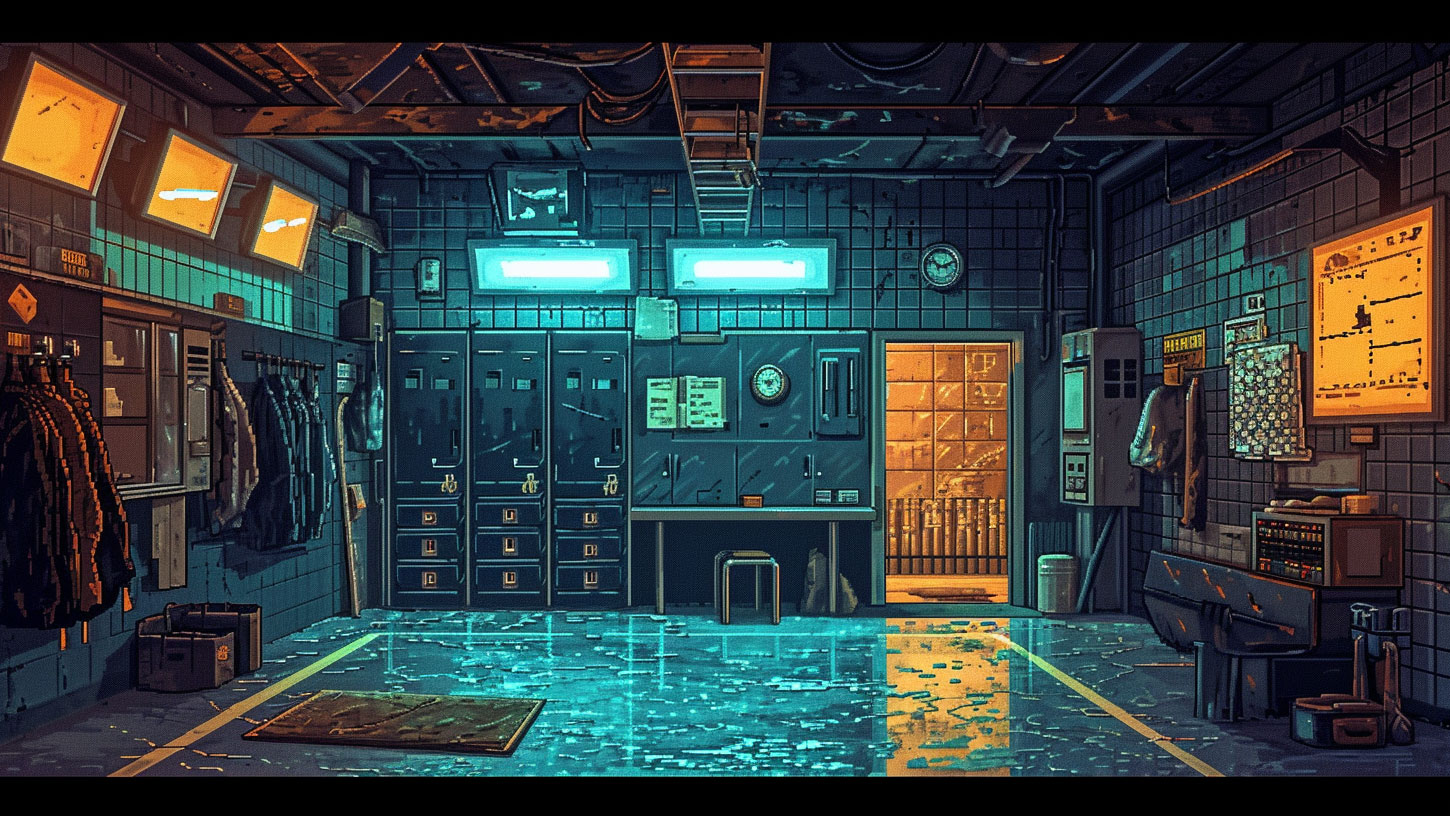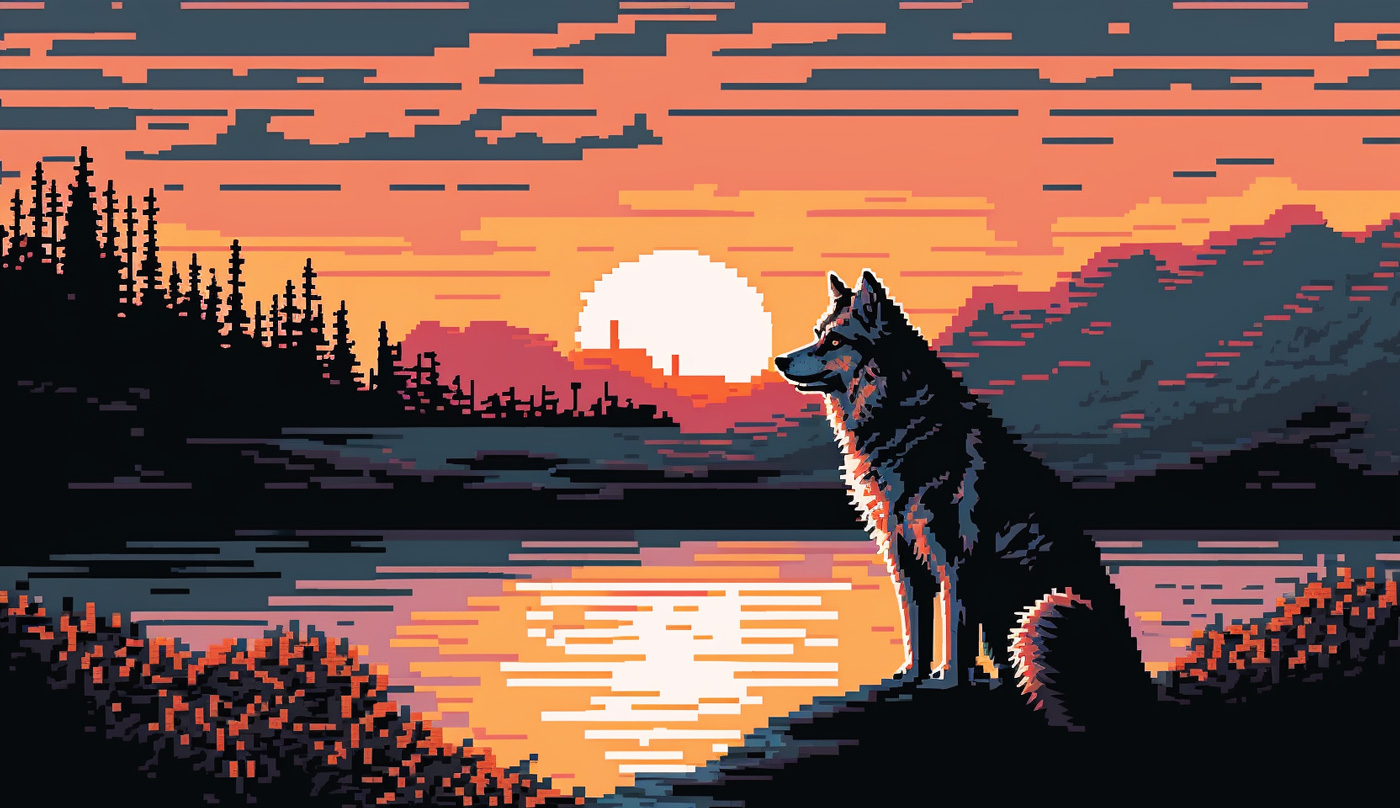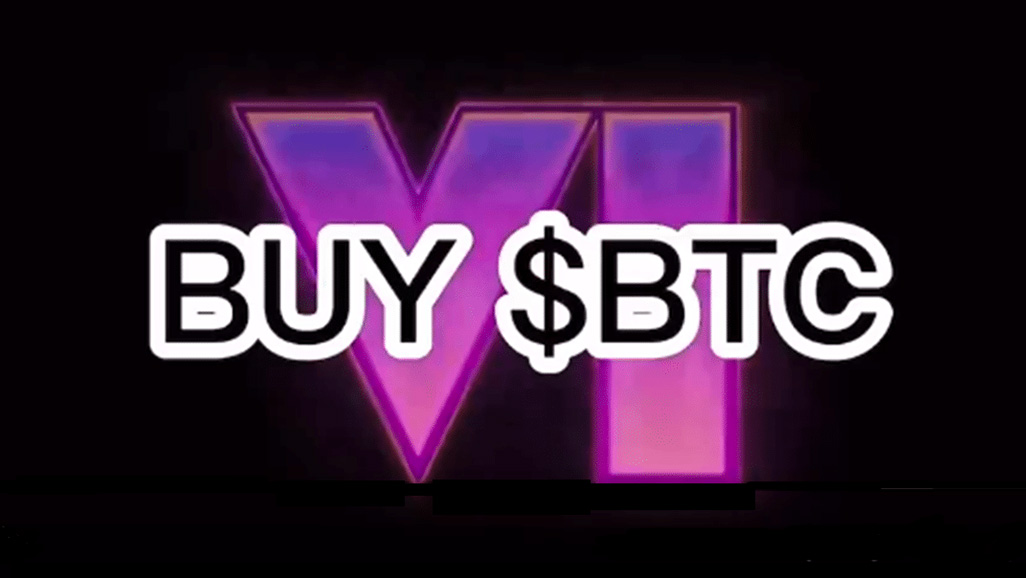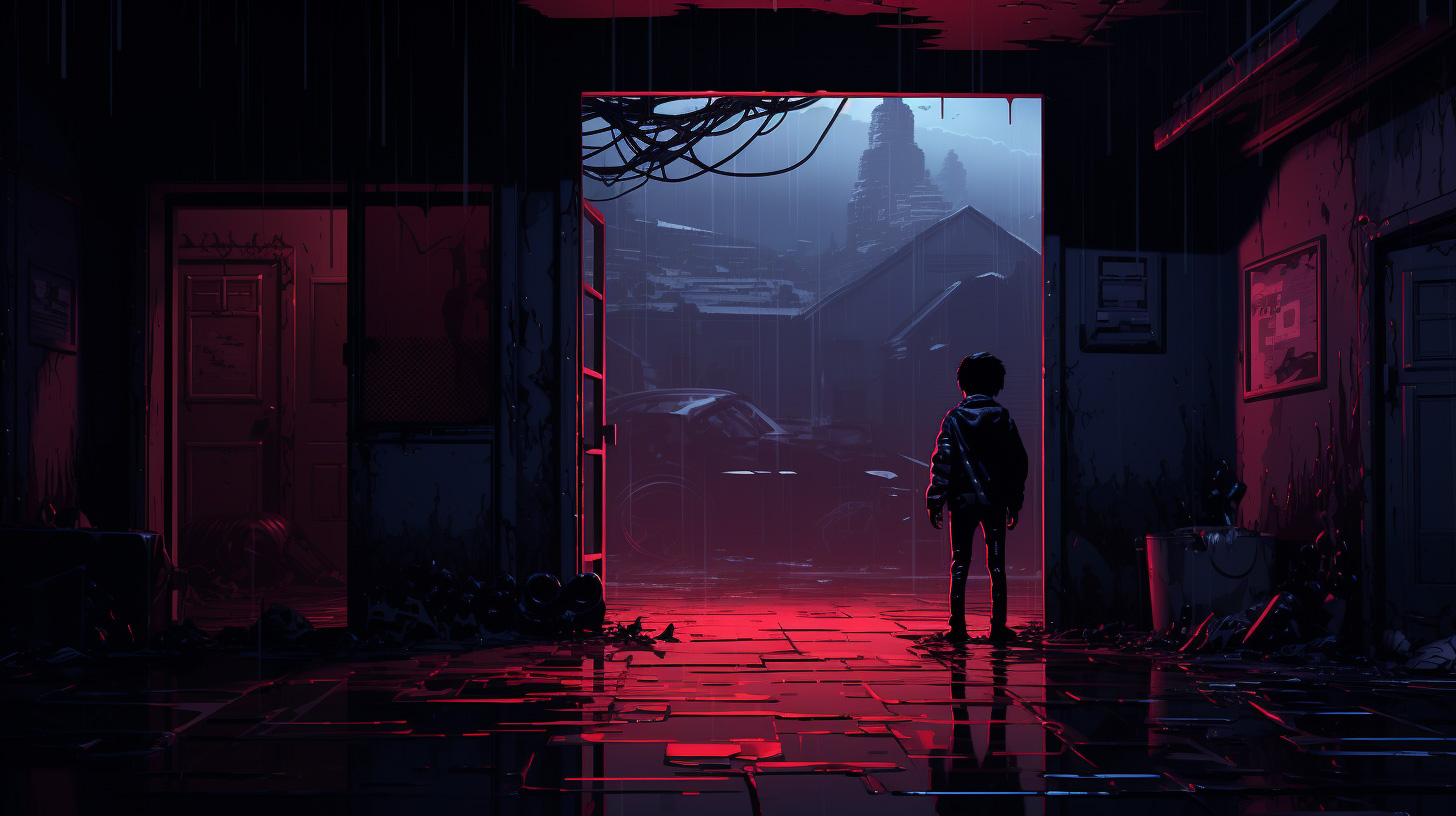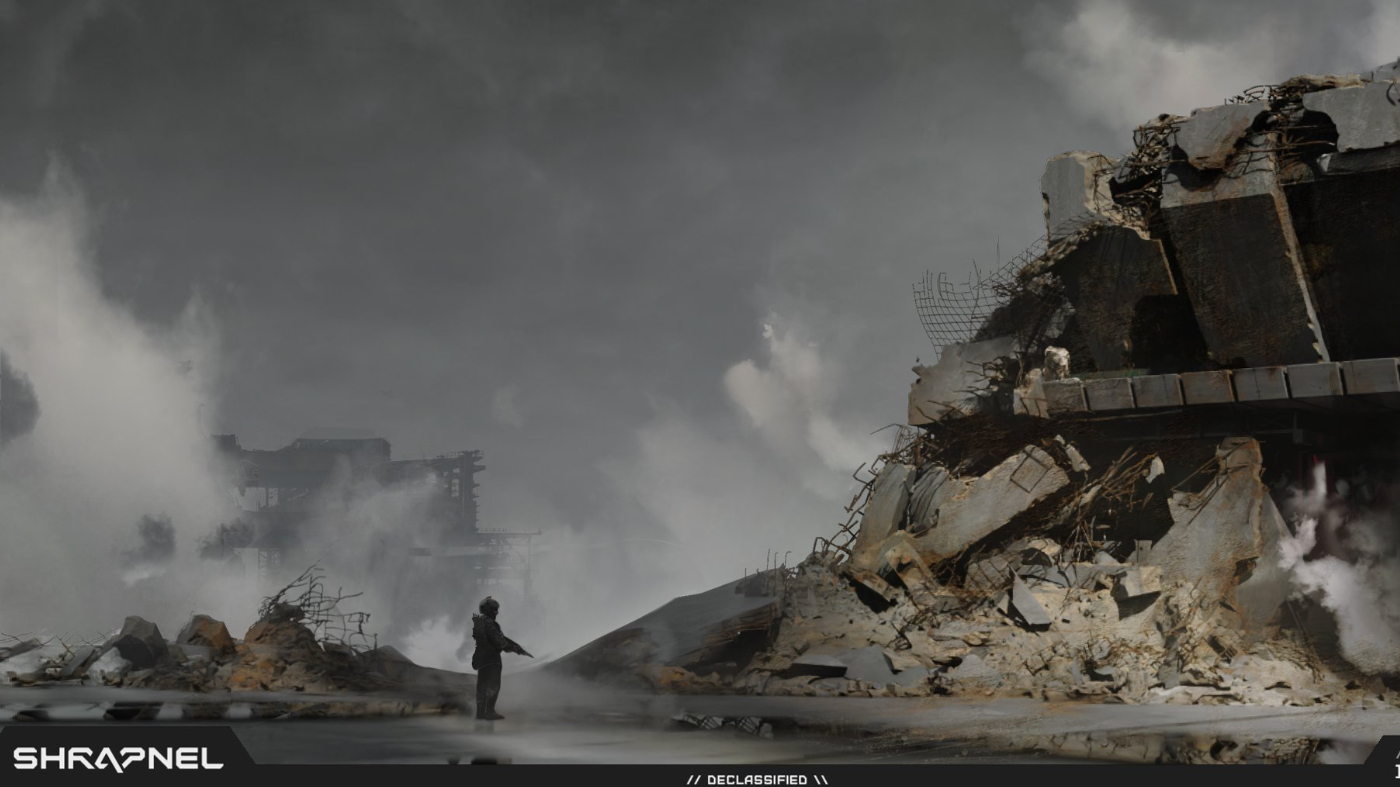Back in February, I came to the conclusion that blockchain gaming had to move beyond appealing only to believers in order to succeed. It was clear to me that we were reaching only a handful of people with the blockchain gaming message, we were in effect preaching to a small but passionate choir, and there was a vast gaming public that didn’t trust, didn’t understand, or didn’t care about BG.
Six months later, my thinking has evolved, and I’ve come to a startling conclusion: it’s not the world that has to change, it’s us. In placing all the emphasis on the potential of one revolutionary technology – the blockchain – we were missing the point. The message all the most insightful people in the gaming industry were giving me was that the fun comes first. The technology is just part of building the game vehicle. What the vehicle delivers, if it’s successful, is fun.
Ok, that’s pretty straightforward. Blockchain tech is an important part of the next wave of gaming – allowing true ownership of in-game assets, for example – but it’s not everything or even the main thing. The main thing is the fun, but that leads to a hard question: what actually is fun?
It’s difficult to pin down, because activities that in any other circumstance would look like drudgery can actually be fun in games. Micromanagement of resources. Multiple fruitless attempts to kill a boss. Grinding for weeks, months and years to find a sword. If someone paid you to do this stuff, you’d probably come home angry and unfulfilled every day. But no one is paying you. You’re doing it for the fun of it.
Like pornography and the famous judicial quote, fun is hard to define, but you know it when you see it.
Take the launch of roleplaying game Baldur’s Gate 3 (BG3) this week. BG3, based on Dungeons and Dragons, is absolutely massive, with a vast world to explore, hundreds of character combinations, 174 hours of cutscenes and a reputed 17,000 possible endings. Polemos co-CEO Sascha Zehe is a big fan, and as he explained to me the richness of the game, I began to feel the excitement. BG3 is not a blockchain game, but it is on the cutting edge of game development and it most definitely is fun.
That is why we are covering it. Last week we launched the Polemos_RPG YouTube channel, with Sascha taking the lead on BG3 in video. I have been immersed in a world of races, classes, quests and 20-sided dice. No problem. This is fun.
The same for another YouTube channel we have started – this time with game expert Cavan “Caveman” Roe taking the lead role – named Polemos_Armored_Core_6. In the game, advanced mechs fly through enormous space hangars seeking out and destroying enemies. It is insane, loud and most definitely fun.
As we fill out our content offering, we continue to believe that blockchain tech will feature heavily in the next wave of big games, and particularly that asset ownership will become widespread and fundamental to gaming fun in future. So we’ll continue to cover the big names and the up-and-comers: games like Illuvium, Metalcore, Shrapnel, and Wildcard. Our remit is broader, and I’m happier because of it.
Neon Ascension update
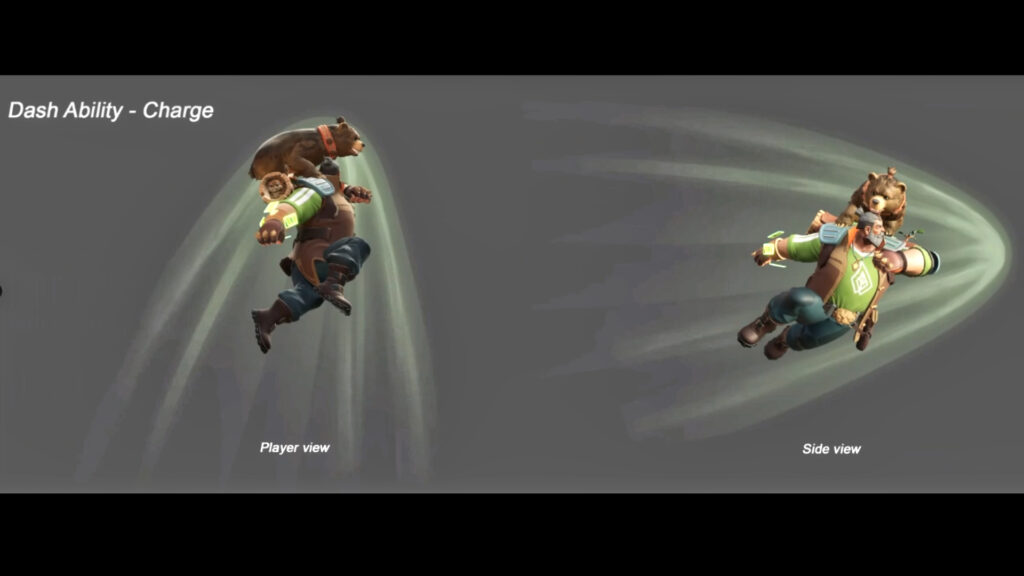
A warning this week from the Wildcard team about fraudsters using fake games to get people to download installers that then drain their wallets. What tickled me was the names of the fake games involved: Brawl Earth, WildWorld, Dawnland, Destruction, Evolion, Pearl, Olymp of Reptiles, and SaintLegend.
The scams have worked on some people and I think I know why. I reviewed our top 40 list of blockchain games – the Polemos watch list – and it’s clear the fraudsters have been doing their homework. The fake names ring kind-of true.
I decided to try my hand, with a little help from GPT4, and came up with another crop of eight imposters: Starweaver, Bitjade, Vortigon, Veriscape, Solarion, Vortex Reverie, FringeLands and my favourite, Neon Ascension.
On the real Wildcard: significant changes to the combat system have been rolled out. See our article for details.
Yuga Labs ups the frenzy
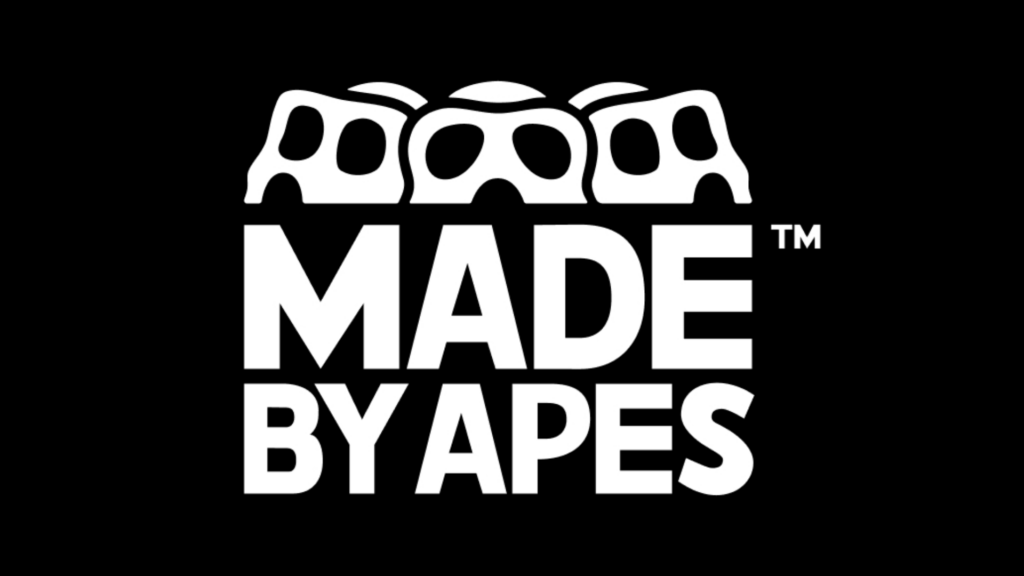
I love to watch Yuga Labs, because I admire their imagination and ability to execute. These are the guys behind the most-traded NFT collections Bored Ape Yacht Club (BAYC), Mutant Ape Yacht Club, and the Otherside virtual land plots.
There are a number of updates here, most of them typically smart, but there’s just a hint of desperation in all the activity. Yuga has been hit by the zeitgeist decline of NFTs, and it shows in their numbers: from January, the floor price of BAYC NFTs has halved in real dollar terms. That’s a big fall, and don’t forget that in January we already knew all about FTX etc. It feels like existential rot. A new game, a conference in Hong Kong, an actual party in Miami, and an exclusive Otherside demo for a handful for Bored Ape holders do not convince me to the contrary. The only thing I think is really inventive: a licensing deal for people who want to make Bored Ape merchandise (the deal is only available to NFT holders). Of course, that kind of thing only works if the brand still has cultural heft, and unfortunately that may not be the case for much longer.
This is the online version of our weekly newsletter. Sign up to have it delivered to your inbox free every week.

